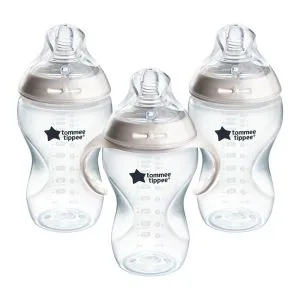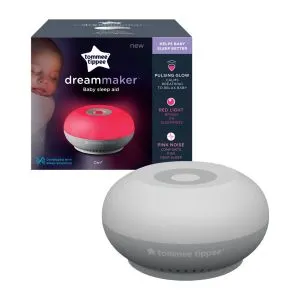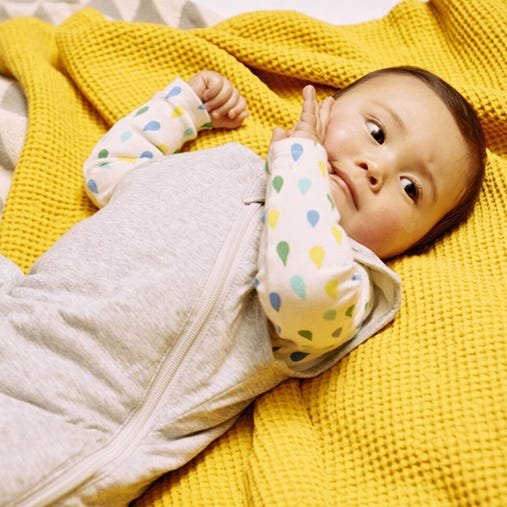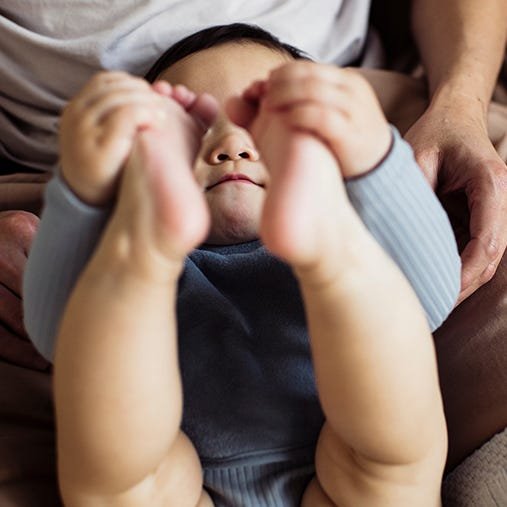Our top 10 tips for pacifier weaning
Keep reading to learn how to help your child adapt to life without their pacifier.
1. Distract them and offer an alternative comfort item
Talk to your child and tell them that they can swap their pacifier for a new game, a new soft toy, or a snuggly blanket to help comfort them in place of their pacifier.
2. Reward, reward, reward
As they get older, you can try to introduce a reward chart and give your child a sticker for not using their pacifier. Once their chart is full, get them an extra special treat to say well done!
3. Introduce the Pacifier Fairy
Toddlers and young children love magical stories. Try telling them about how the Pacifier Fairy is going to visit and give their pacifier to the baby fairies.
4. Go seasonal
Hang their pacifier on the Christmas tree for Santa to take or leave it out for the Easter bunny to swap for a sweet treat.
5. Encourage communication and independence
Consider why your child is crying before instantly rushing to give them their paci. If you can teach them to communicate their needs and tune in to their emotions, they'll be more likely to self-soothe without reaching for their pacifier.
6. Timing is key
Children can build a strong bond with their pacifiers, and many babies and toddlers use them to manage stress and self-soothe if they're upset. For this reason, it's best to avoid taking your child's pacifier away during a time of change or when their routine is unsettled, for example, if you're moving house, transitioning from their crib to a toddler bed, welcoming another baby into the family, or if they're feeling unwell.
7. Out of sight, out of mind
Keep their pacifier hidden and out of reach to help them avoid temptation.
8. Set a limit
You can try limiting pacifier use to bedtime, nap times, and stressful situations (like a trip to the doctor’s office).
9. Read bedtime stories
There are tons of children's books out there that are designed to help babies and toddlers give up their pacifiers.
10. Have patience and stay strong
Remember that the process of moving on from using a pacifier can be difficult and stressful (for both babies and their parents). Try not to put too much pressure on yourself (or your child) and be patient.
You'll get there in the end and the tears and tantrums won’t last forever.










